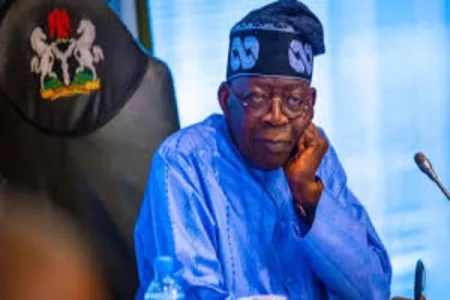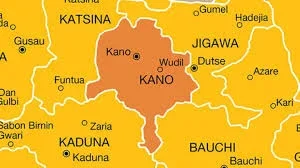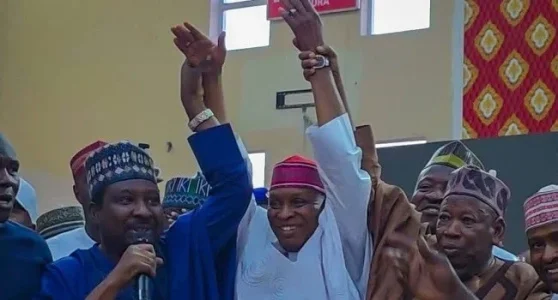
The presidential committee advocates for a VAT rate hike, proposing adjustments in revenue-sharing. Taiwo Oyedele highlights plans to reduce the federal government's share to 10%, allocating 90% to states and local governments.
The Nigerian Federal Government, through the presidential committee on fiscal policy and tax reforms, has proposed increasing the value-added tax (VAT) rate. Taiwo Oyedele, committee chairman, highlighted the need for VAT adjustment, suggesting a reduction in the federal government's share and an increase in states' and local governments' portions.
Oyedele emphasized that the burden of VAT should fall on consumers, asserting that it is a tax of the states. He explained that the committee's recommendation stemmed from the historical context of VAT implementation, dating back to the introduction of the tax in 1993.
Oyedele stressed the importance of making VAT transparent and neutral, aligning with international practices. However, this proposal has sparked mixed reactions among Nigerians, with many expressing frustration and questioning the government's track record. Some Nigerians mocked the government's decision, citing concerns about the impact on citizens already grappling with high levels of poverty.
Others demanded accountability in governance and raised doubts about the effectiveness of the proposed VAT adjustment. Amidst the outcry, there were also voices in support of the VAT increase, emphasizing the need for revenue generation and economic stability.
Nonetheless, the debate underscores the complex challenges facing Nigeria's tax policy and the divergent perspectives among its populace.




